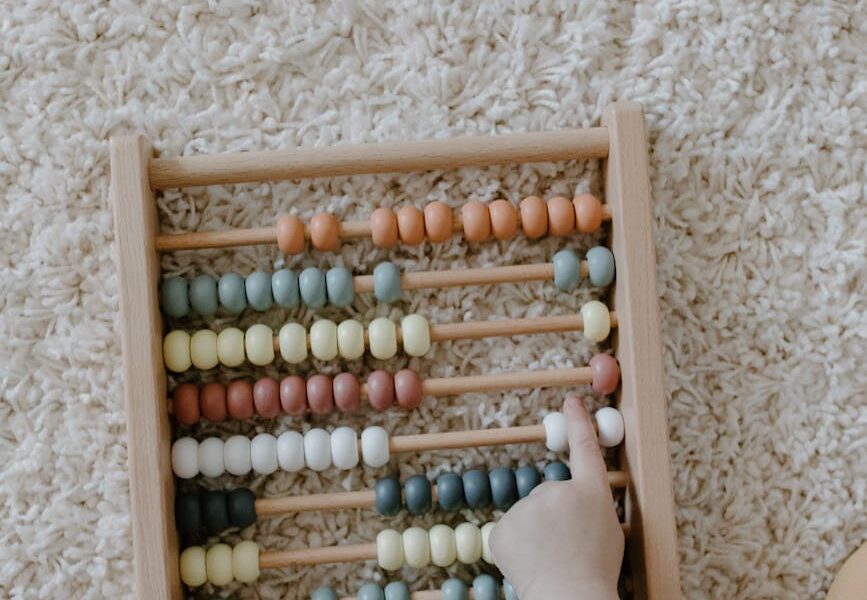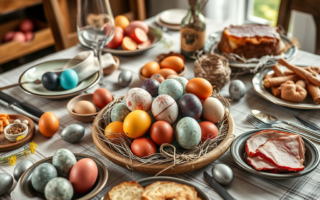Living in the UK with two growing boys and a heart still rooted in Transylvania, there’s one thing I’ve always known for sure: I want my children to speak our languages.
Hungarian is our home language—it’s what I speak when I kiss them goodnight, when I call them to the table, when I soothe tears or cheer on a superhero drawing. Romanian is part of their heritage too. It’s the language of my childhood school, the songs my mum sang to me, and the conversations they’ll one day want to have with great-grandma in the village.
So how do I make space for two extra languages in our busy, school-run-clean-cook kind of life?
Let me show you what’s working for us, and hopefully offer a little encouragement if you’re trying to do the same.
Our Family Language Plan (Simple, Flexible, and Fun)
We speak Hungarian at home full time, but twice a week, we have special “language time” where I focus on structured Hungarian reading/writing for my 6-year-old, and Romanian basics for both kids, especially the little one who just started nursery.
We keep it short, sweet, and play-based—because the goal isn’t just language learning, it’s making it enjoyable so they want to keep using it.
What’s Working for Us: Tips & Tricks
1. Routine Without Pressure
Every Tuesday and Thursday afternoon after school (and after snacks, of course), we have our “language time.” It’s not long—maybe 20–30 minutes. But it’s consistent, and they know to expect it.
Some days we read a book in Hungarian. Other days we learn a new Romanian word and draw pictures about it. If they’re tired, we skip the worksheet and just sing songs.
The key? Consistency over perfection.
2. Books, Books, Books!
My eldest is already reading Hungarian—so proudly! I brought back a few of his favourite Hungarian storybooks from Transylvania last summer, and we also use printable early reader pages I find online.
We read Romanian board books and picture books too. I keep them on a low shelf where the kids can grab them anytime. I often catch the 3-year-old flipping through them during quiet time.
📚 Tip: Try to rotate books to keep interest high, and don’t worry if they “mix” the languages—code-switching is normal!
3. Songs, Rhymes & Cartoons
For both languages, I use music and rhymes constantly. We have Hungarian lullabies on at bedtime, and Romanian nursery songs during car rides. Even the toddler starts humming along before he knows what the words mean.
Sometimes we watch short cartoons on YouTube—like Masha és a Medve in Hungarian or TraLaLa in Romanian. Screen time becomes learning time (and I get to cook in peace!).
4. Games Make Everything Better
We play colour-matching games, animal bingo, or memory cards—all in Hungarian or Romanian. For example, I’ll say:
„Hol van a piros alma?” or „Arată-mi iepurele!”
Even something simple like “Simon Says” works great:
„Simon mondja, ugorj egyet!” / „Simon zice: atinge-ți nasul!”
They laugh, they move, and they learn without even noticing.
5. Celebrate the Milestones
When my 6-year-old wrote his first full sentence in Hungarian, we had a little cake and called the grandparents to share the news.
For my youngest, recognising his name written in both Hungarian and Romanian got a sticker and a high five.
Small celebrations = big motivation.
Bilingual Kids Are Amazing (and Hilarious)
One of my favourite moments recently was hearing my boys switch between English, Hungarian, and Romanian in the same sentence while playing cars.
“Ez az én piros autóm, dar al tău e mai rapid!”
It might sound confusing to some, but to me, it was music. It means they’re not just learning languages—they’re living them.
Final Thoughts: Keep It Light, Keep It Loving
If you’re a parent trying to pass on your language (or languages!) to your kids—don’t give up. Some days they’ll resist, some days they’ll surprise you. But every word, every rhyme, every story told in your mother tongue is a gift that will stay with them forever.
And remember, you don’t need to be a language teacher. Just a parent who shows up, keeps it playful, and leads with love.
From our trilingual home to yours—sending hugs, books, and a few silly songs.
With love,
Krisztina 💛



